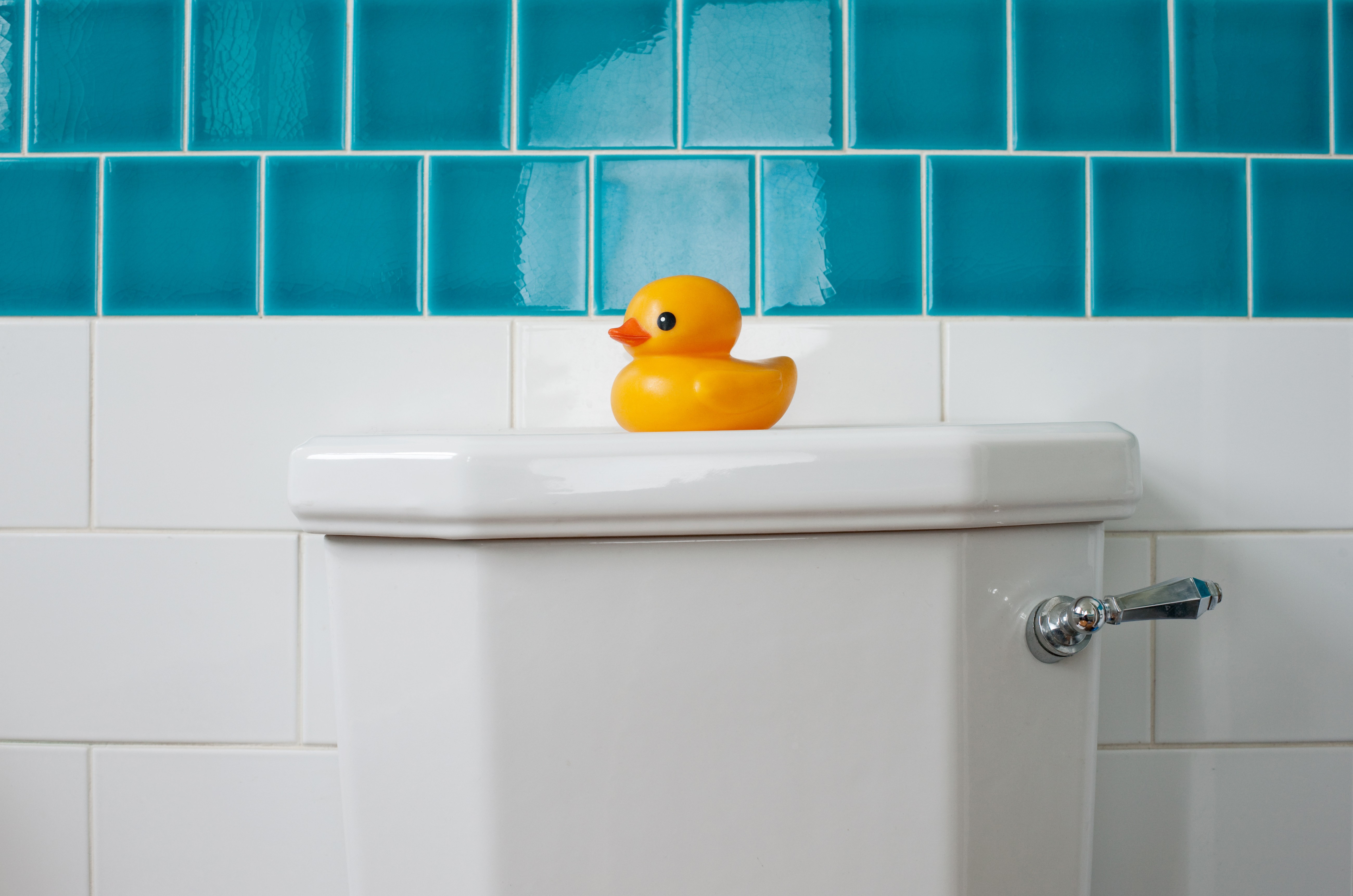What is urinary incontinence?
Urinary incontinence refers to when a person leaks urine or loses bladder control. It is a common problem in the older population, but is not a normal part of aging. There are many treatments available to reduce or stop urine leakage.
What are the symptoms?
There are three main types of incontinence:
-
Stress incontinence: this type of urinary leakage occurs when people laugh, cough or sneeze, or do anything that stresses the belly (ie: increases the pressure). This is common in women, especially those who have been pregnant
-
Urgency incontinence: people with this type of incontinence feel a strong need to urinate all of a sudden, with the urge sometimes being so strong that they cannot make it to the bathroom on time
-
Mixed incontinence: a combination of the above types
Other types of incontinence include overactive bladder, overflow incontinence and continuous (true) incontinence (a continuous leak due to an anatomical problem).
What are the risk factors?
In both sexes, risk factors include:
-
High BMI(overweight)/abdominal girth
-
Urinary tract infections
-
Neurological diseases such as stroke, dementia and Parkinson’s
-
Cognitive impairment/memory loss
-
Obstruction (ie: enlarged prostate (Men) and pelvic tumours (women))
-
Constipation/stool impaction
In women, additional risk factors include:
-
Pregnancy, including vaginal delivery. The risk of incontinence increases with the number of pregnancies regardless of the delivery method.
-
Peri-menopause (ie: around the time of start of menopause)
-
Oral oestrogen therapy
-
Diabetes Mellitus
In men, additional risk factors include:
-
Lower urinary tract symptoms (problems with storage and voiding of urine)
What can I do to improve incontinence?
If you think you have urinary incontinence, it is important to see your GP for a full assessment to determine the cause. Once the incontinence is investigated, they may suggest the following:
-
Reduction of the amount of liquid you drink before bed
-
Cut down of foods that make symptoms worse, such as alcohol, caffeine, or spicy/acidic foods that irritate the bladder
-
Weight loss (if overweight)
-
Control of blood sugar if diabetic
-
Optimisation of diuretic use (ie: taking these in the morning/afternoon to avoid need to urinate overnight)
-
Bladder retraining exercises such as bladder diary, scheduled urination and ‘double voiding’ to train the bladder to go less frequently and improve emptying
-
Pelvic floor exercises
Your doctor may also suggest medications to relax the bladder or surgery to repair the tissues that support the bladder or to improve the flow of urine depending on the cause of the incontinence.
Many people with incontinence can regain bladder control or reduce the amount of leakage they have. It is important to speak to your doctor about this to determine an approach that works for you.
If you are interested in learning more about this topic, feel free to book an appointment with one of our friendly doctors by booking online or contacting us by phone on 8269 6000.
References
-
Crowley K, Martin KA 2017, Patient Education: Urinary Incontinence (The Basics), UpToDate, retrieved online 1/9/17, < https://www-uptodate-com.proxy.library.adelaide.edu.au/contents/urinary-incontinence-the-basics?source=search_result&search=incontinence+patient&selectedTitle=1%7E150 >
-
Knott L 2016, Urinary Incontinence, PatientInfo, retrieved online 1/9/17, < https://patient.info/doctor/urinary-incontinence-pro >
Medical information disclaimer:
No advice: Our website contains general medical information. The medical information is not advice and should not be treated as such.
No warranties: The medical information on our website is provided without any representations or warranties, express or implied. Without limiting the scope above, we do not warrant or represent that the medical information on this website: will be constantly available, or available at all; or is true, accurate, complete, current or non-misleading.
Medical assistance: You must not rely on the information on our website as an alternative to medical advice from your doctor or other professional healthcare provider. If you have any specific questions about any medical matter, you should consult your doctor or other professional healthcare provider. If you think you may be suffering from any medical condition, you should seek immediate medical attention. You should never delay seeking medical advice, disregard medical advice or discontinue medical treatment because of information on our website.
Interactive features: Our website includes interactive features that allow users to communicate with us. You acknowledge that, because of the limited nature of communication through our website’s interactive features, any assistance you may receive using any such features is likely to be incomplete and may even be misleading. Any assistance you may receive using any our website’s interactive features does not constitute specific advice and accordingly should not be relied upon without further independent confirmation.
Limits upon exclusions of liability: Nothing in this disclaimer will: limit or exclude any liability for death or personal injury resulting from negligence; limit or exclude any liability for fraud or fraudulent misrepresentation; limit any liabilities in any way that is not permitted under applicable law; or exclude any liabilities that may not be excluded under applicable law.
Credit:This document was created using a template from SEQ Legal (http://www.seqlegal.com)

